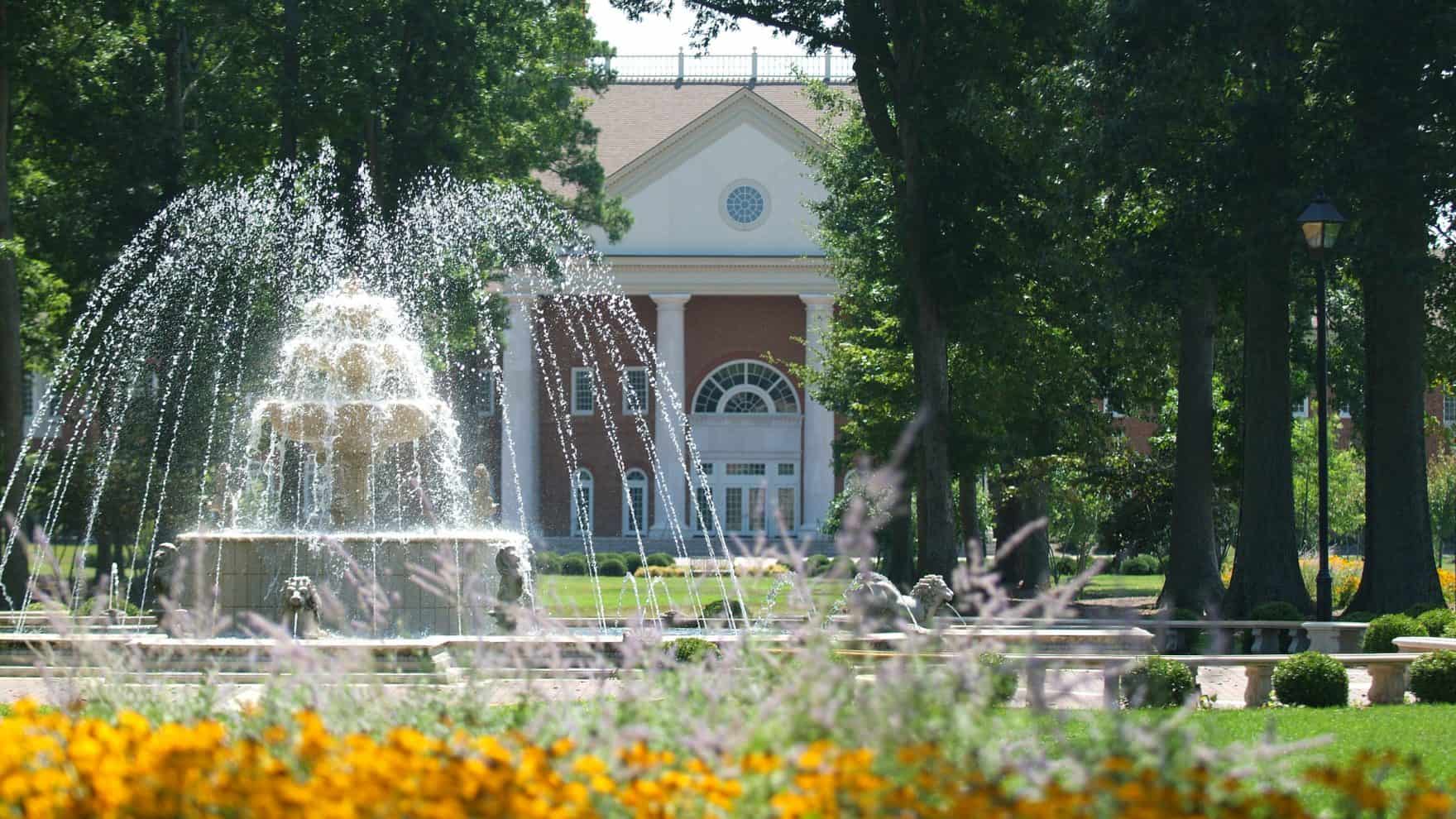
Faculty Present Research Projects
From mega-churches in London to libraries in Mexico, Regent University faculty are broadening their knowledge on topics that affect their areas of study. They presented their findings Friday, March 27 in 15-minute presentations, allowing time for questions and answers.
Dr. Mark Cartledge, professor in Regent’s School of Divinity examined the social engagement of Holy Trinity Church in Brompton, London. He said the church adds to its large congregation by building relationships. It engages with culture by addressing problems that are prominent within its population. The church provides healing ministries for post-abortion, abuse, homelessness, those in prison, and a hospital ministry among others.
The center of the church’s mission is worship. It equips new Christians with an “alpha course” to get them started in their faith. The church’s goal is to send them back to where they came from to share Christ with others.
“It reminds me of the heartbeat of God,” said Cartledge. “Pulling people in and pushing them back out.”
Also taking up the topic of theology was Dr. Josh McMullen, assistant professor in the College of Arts & Sciences (CAS). He journeyed through the era of big tent revivalists. He contended that such evangelists are not anti-modern as some scholars suggest. Instead, he said they were consumerist in nature and helped usher in a consumer-driven and therapeutic culture in the United States during the early twentieth century.
“Big tent revivalists participated in the shift away from Victorianism and helped the construction of a new consumer,” said McMullen. “Why did evangelical revivalists do this? The goal of evangelism made them want to reach out to as many people as possible, so they’re very sensitive to cultural changes so they could take advantage of them and reach people.”
McMullen says the characters he studied endorsed celebrity and personality and emphasized healing and physical well being based on an encounter with God. It’s the topic of a new book he recently published, Under the Big Top.
Also talking about books were two researchers from Regent’s University library. Librarian Georgi Bordner and associate librarian Harold Henkel, each presenting separate topics.
Henkel discussed how the “slow movement” has influenced its way into libraries and how the “slow book” movement is taking shape at Regent. This movement is a “growing cultural shift toward slowing down.”
Henkel said the role of the librarian is changing. Instead of just advising on books for research, it’s a librarian’s job to connect readers with books meant to be read for pleasure. He says Regent University’s book club is one way the library is embracing the trend.
Bordner showcased her work in creating a library training manual for Spanish-language libraries. She says many small Christian institutions around the world don’t have trained professional librarians. She helped develop a new Spanish edition of a guide for training librarians that not only takes into account the impact of linguistic differences between Spanish and English on library practices, but also recognizes the unique needs of Latin American libraries.
“The new guide will be useful in improving libraries at Christian institutions around the world,” said Bordner.

